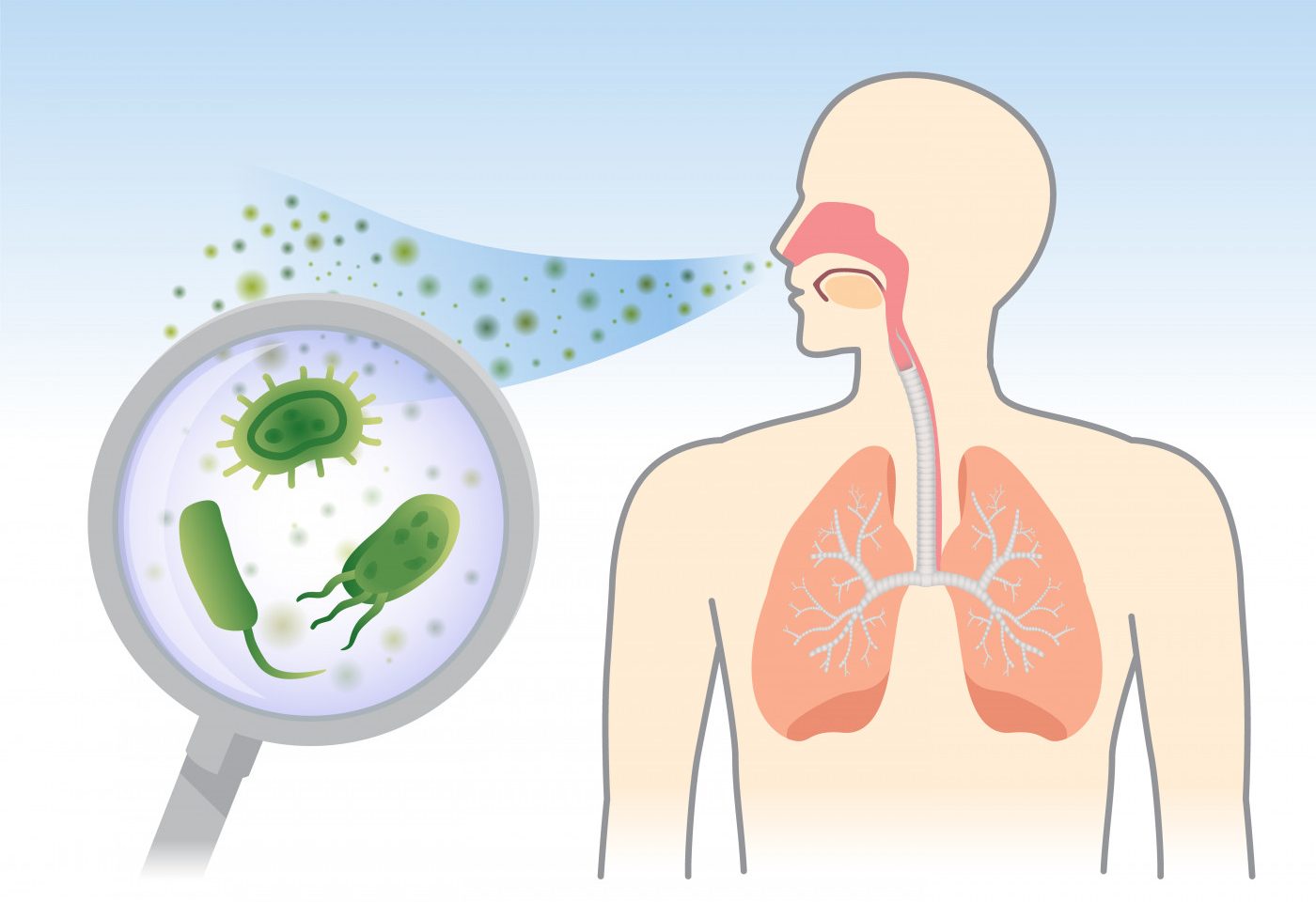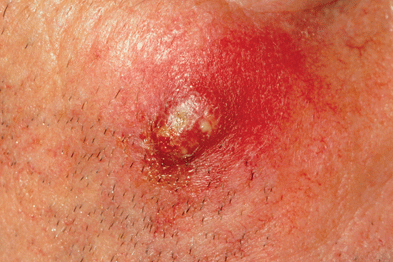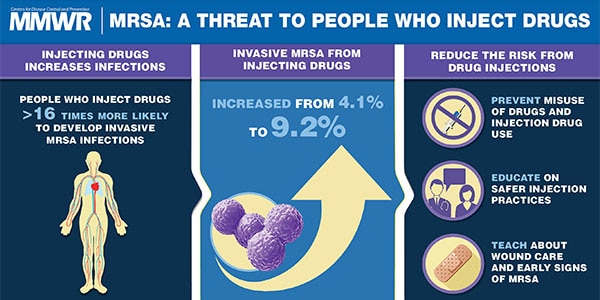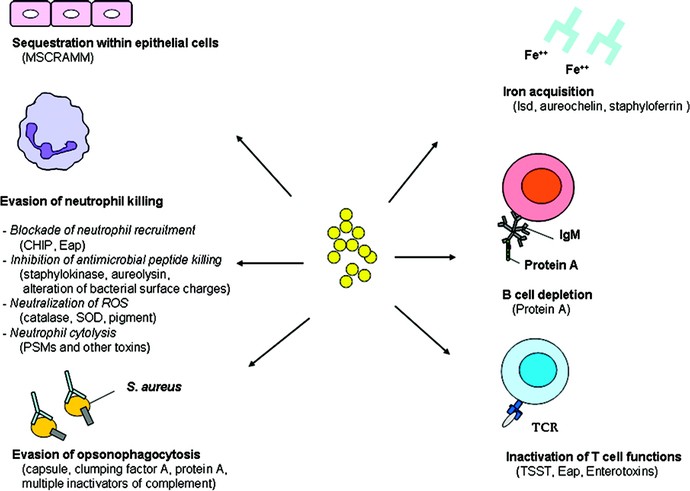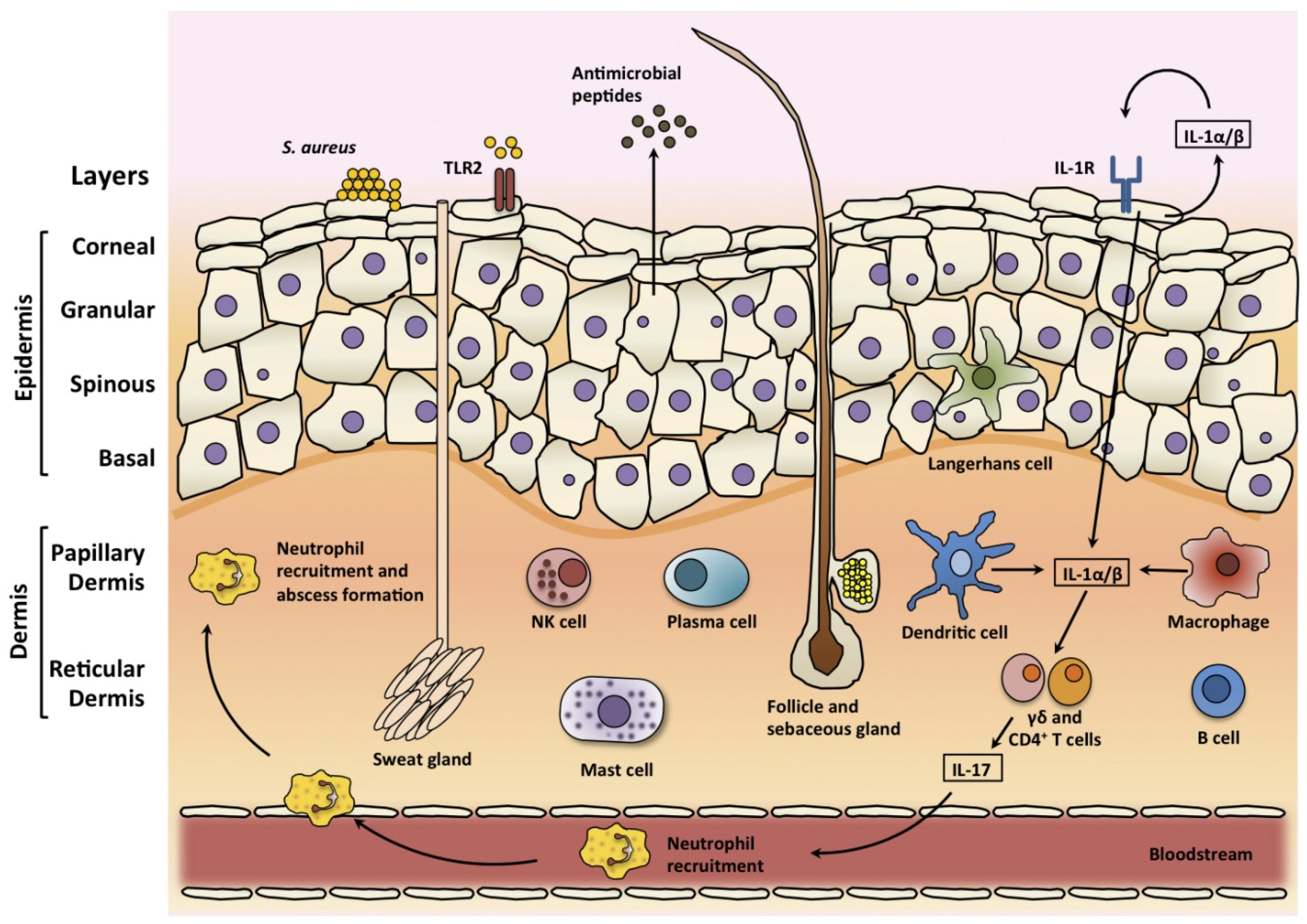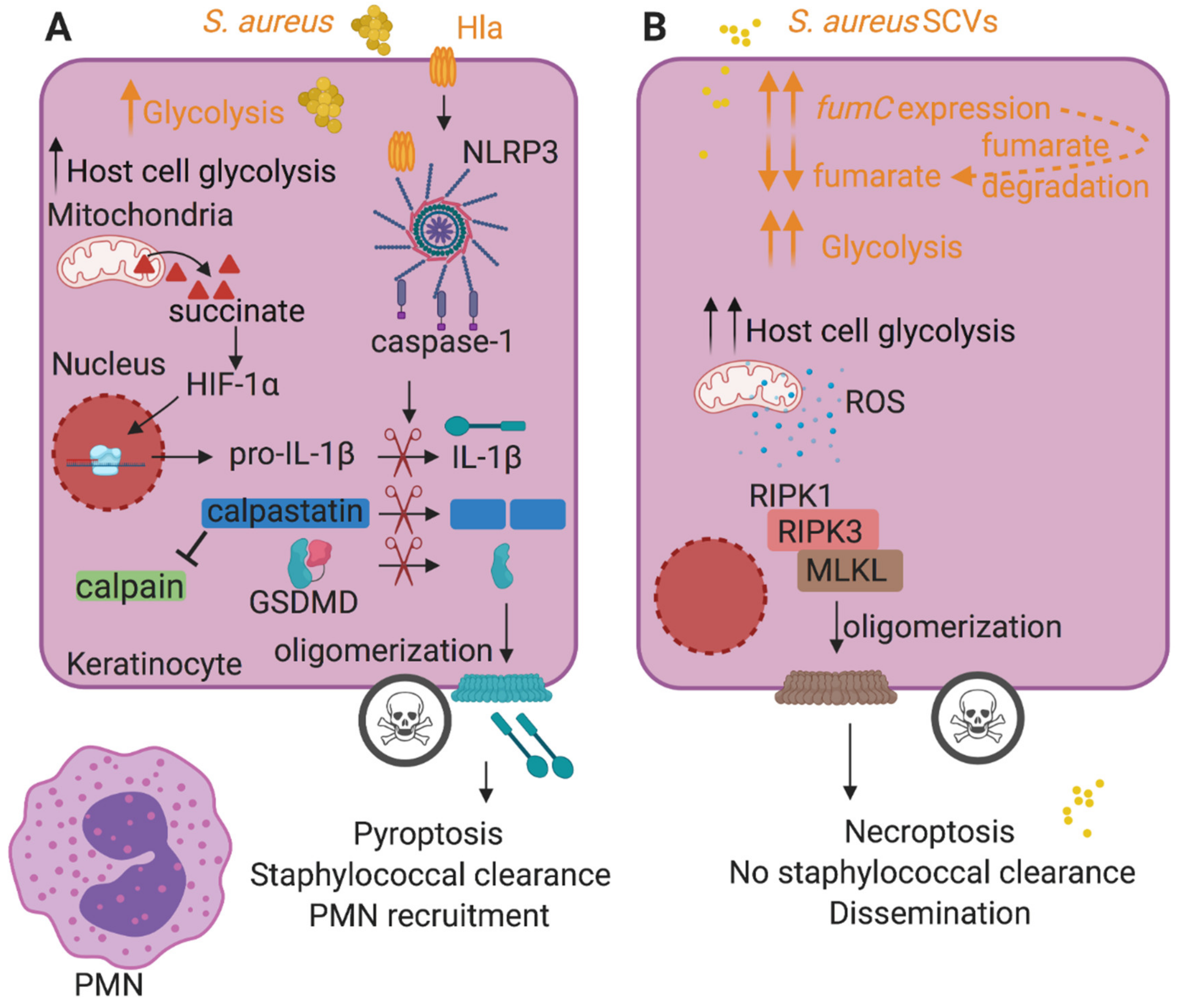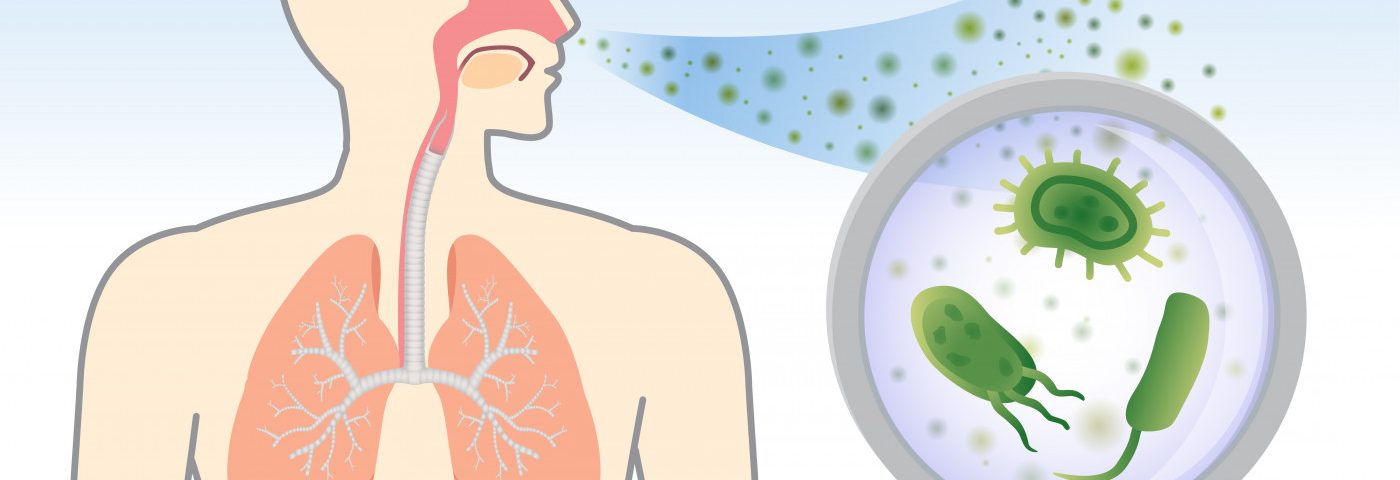S Aureus Infection
:max_bytes(150000):strip_icc()/staph-infections-3156887-FINAL2-48c3a7caea8f429a94f7d074e66d5842.png)
Staphylococcus aureusis a major human pathogen that causes a wide range of clinical infections.
S aureus infection. In healthcare settings these staph infections can be serious or fatal including. Methicillin resistant staphylococcus aureus mrsa infection is caused by a type of staph bacteria that s become resistant to many of the antibiotics used to treat ordinary staph infections. Symptoms of these infections include. Aureus is extremely prevalent in persons with atopic dermatitis more commonly known as eczema.
Aureus or staph is the leading cause of skin and soft tissue infections such as abscesses boils furuncles and cellulitis. Bacteremia or sepsis when bacteria spread to the bloodstream. Red swollen and tender or painful. Aureus mrsa is one of the most important antibiotic resistant bacteria in the united states.
What are the symptoms and signs of a staph infection. It is mostly found in fertile active places including the armpits hair and scalp. Difficulty breathing malaise fever or chills. Staphylococcus aureus is a leading cause of healthcare associated infections in the united states and an important cause of serious infections in the community.
Endocarditis infection of the heart. A high fever nausea and vomiting a rash on your palms and soles that resembles a sunburn confusion muscle aches diarrhea stomach pain. Aureus contact your health care provider. People can help prevent the spread of these bacteria by always thoroughly washing their hands with soap and.
Aureus can also cause serious infections such as pneumonia infection of the lungs or bacteremia bloodstream infection. Staphylococcus aureus infections diagnosis. If you suspect you may have an infection with s. Skin infections are the most common form of s.
Most mrsa infections occur in people who ve been in hospitals or other health care settings such as nursing homes and dialysis centers. It usually develops suddenly with. This can manifest in various ways including small benign boils folliculitis impetigo cellulitis and more severe invasive soft tissue infections.


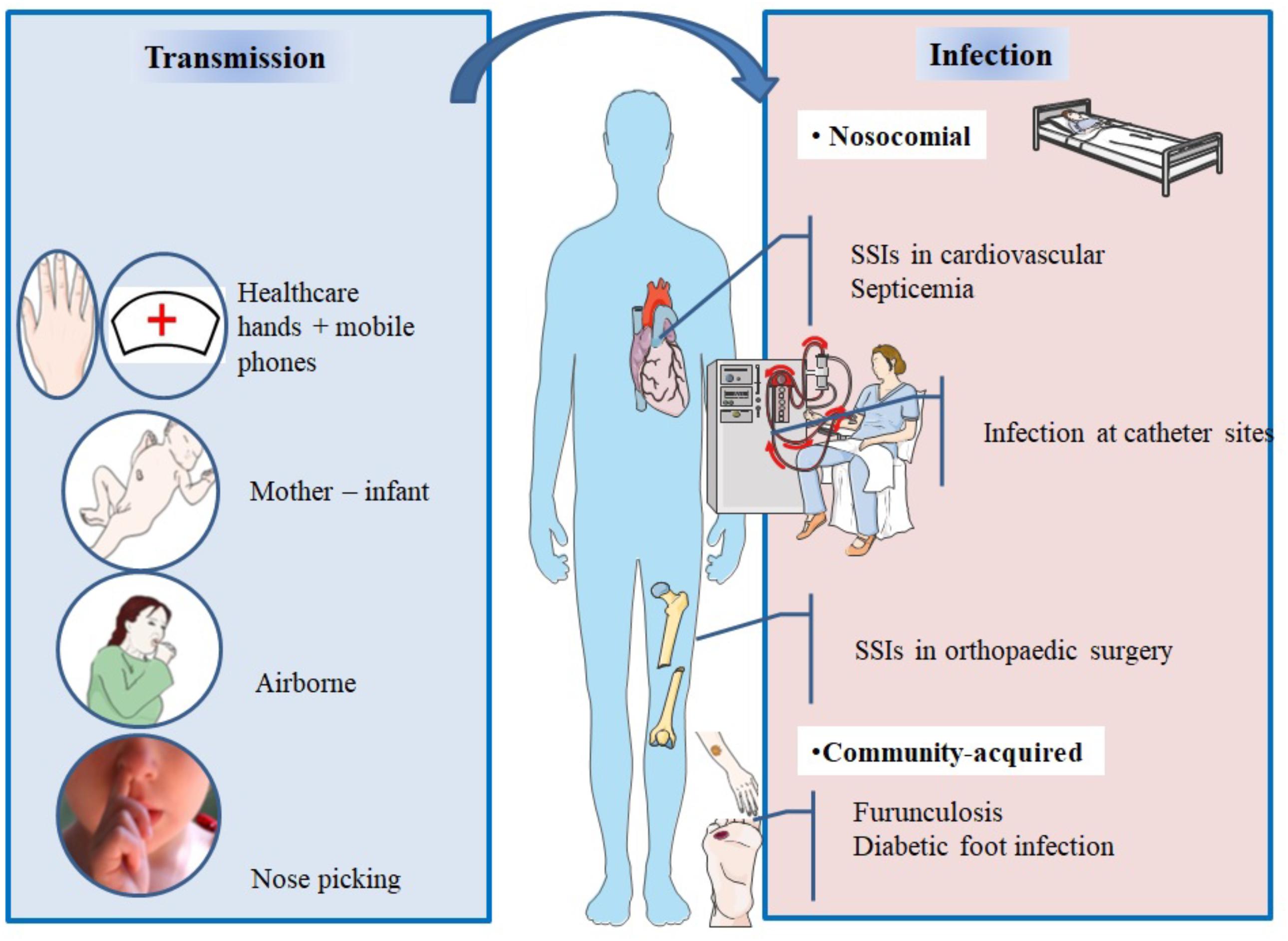
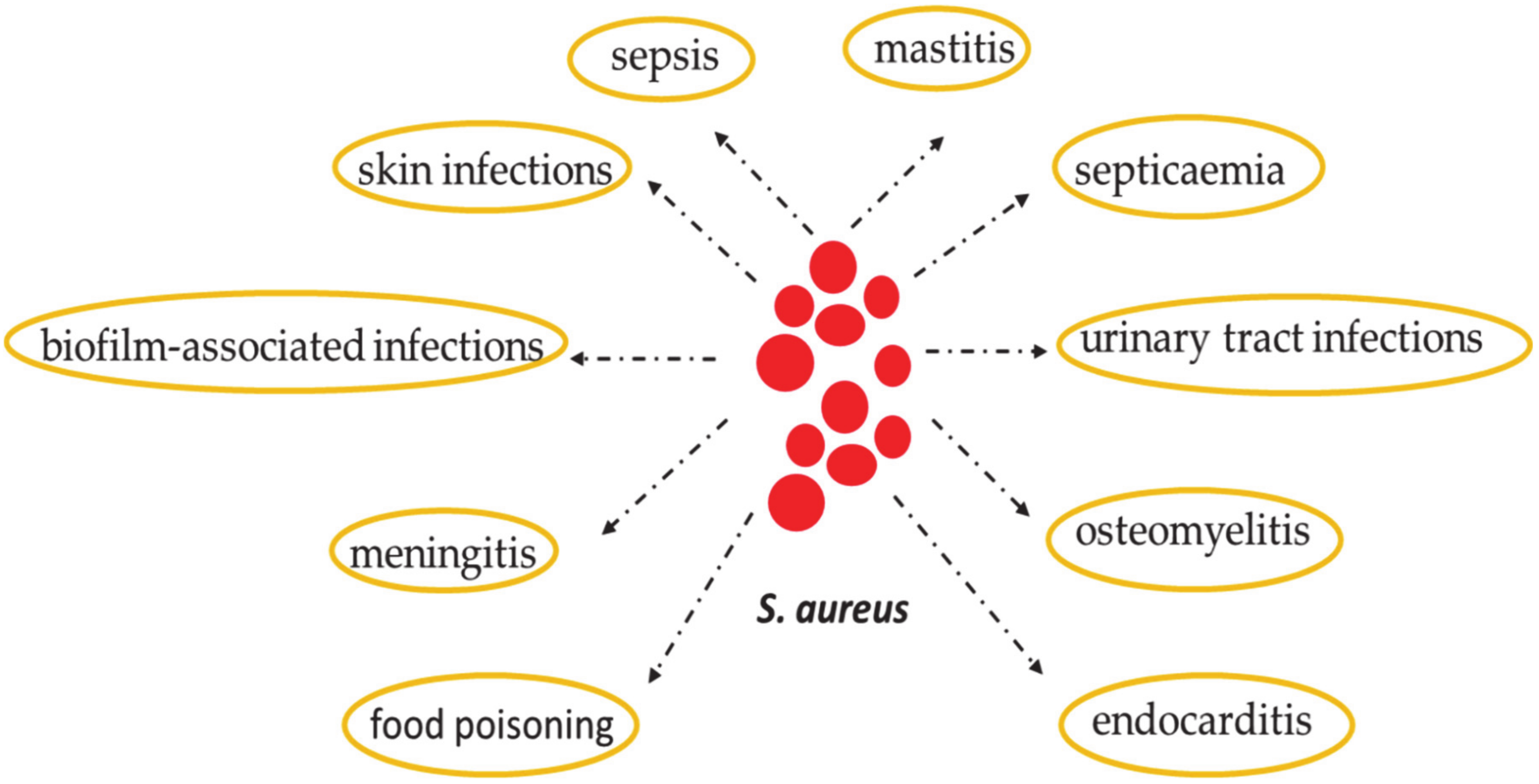

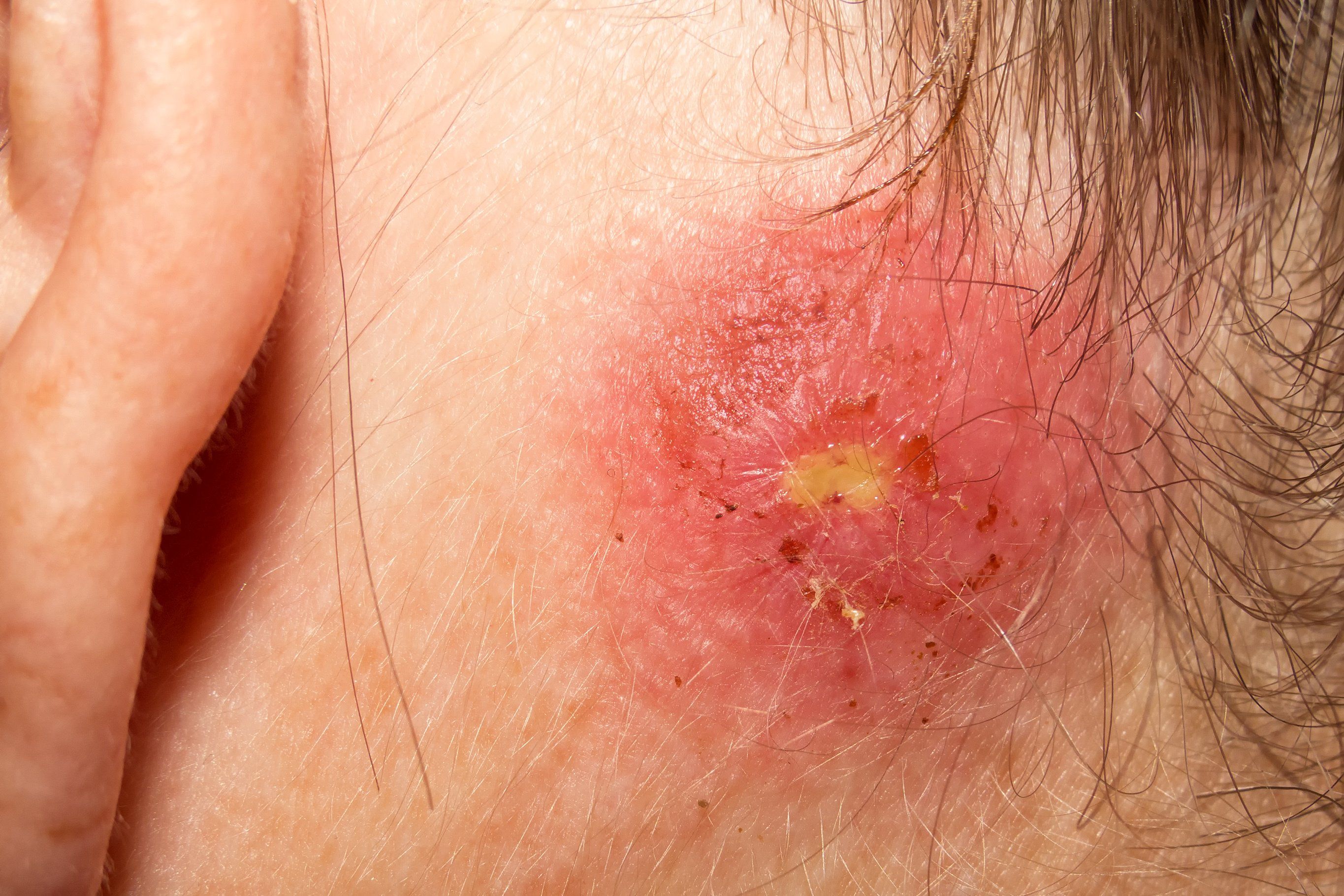
/methicillin-resistant-staphylococcus-aureus-infections-1069436-01-d693749241d44b33b384b8b03cefa97f.png)

